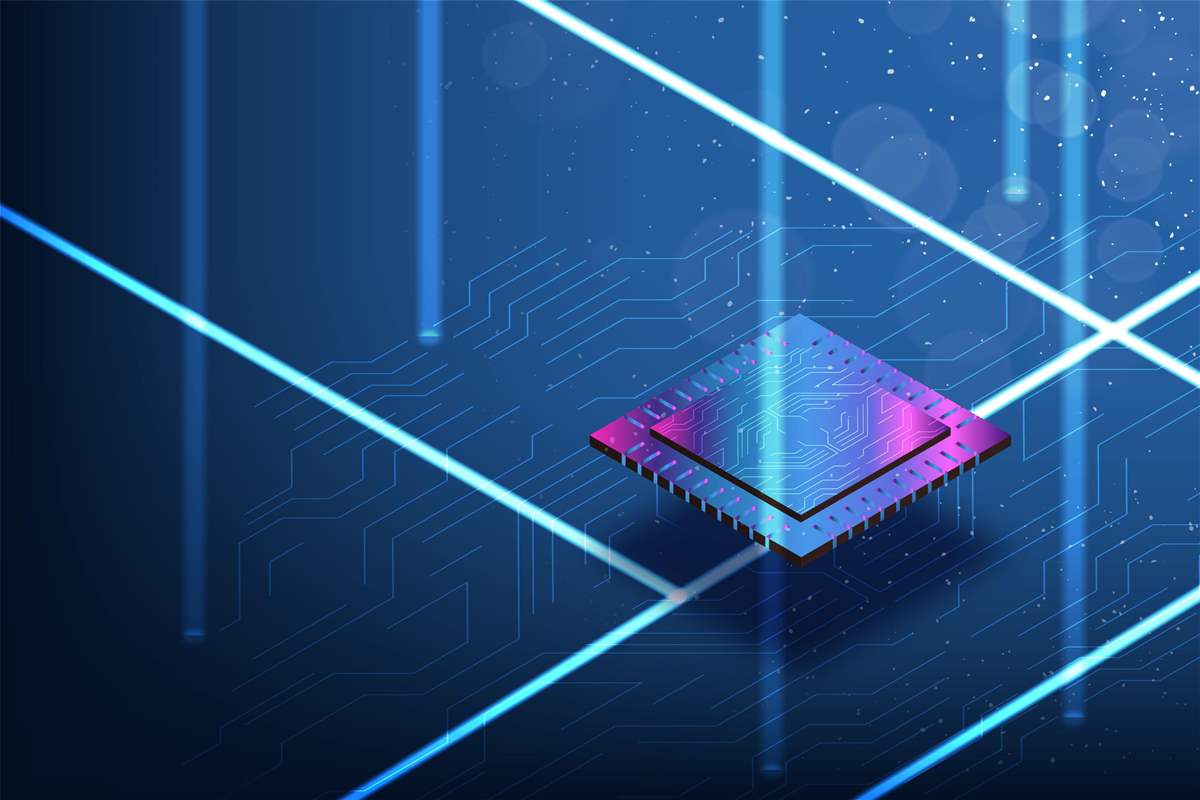In general, quantum computing seems like a mystery wrapped in an enigma, especially to people who are not familiar with quantum mechanics. But don’t worry—a PhD is not necessary to comprehend the fundamentals. Let's explore the reality of quantum computing by removing the many layers of obscurity.
Fundamentally, quantum computing is about more than just creating computers that are faster than anything we currently have. It involves using quantum mechanics to solve issues that traditional computers find difficult to solve. Quantum computers are excellent at specific activities, but they won't replace your reliable laptop for routine tasks like online browsing or document editing.
Comparable to specialized instruments in a craftsman's workplace are quantum computers. Specifically, they are made to solve difficult optimization issues or simulate quantum systems. The plethora of variables in these kinds of problems causes conventional computers to stall out.
Encryption is one area where quantum computing has the potential to transform the sector. The difficulty of solving specific mathematical tasks, such as factoring huge numbers, is the foundation of current encryption techniques. But these codes could be easily cracked by quantum computers, endangering the security of our digital communications.
For this reason, scientists are working hard to create quantum-safe cryptography, which will guarantee the security of our data even in the quantum computer era. Keeping one step ahead of any threats is a battle against the clock.
Therefore, keep in mind that quantum computing is about more than just speed and eye-catching graphics the next time someone brings it up. The goal is to solve some of the trickiest issues that humanity faces while also pushing the envelope of what is conceivable.

